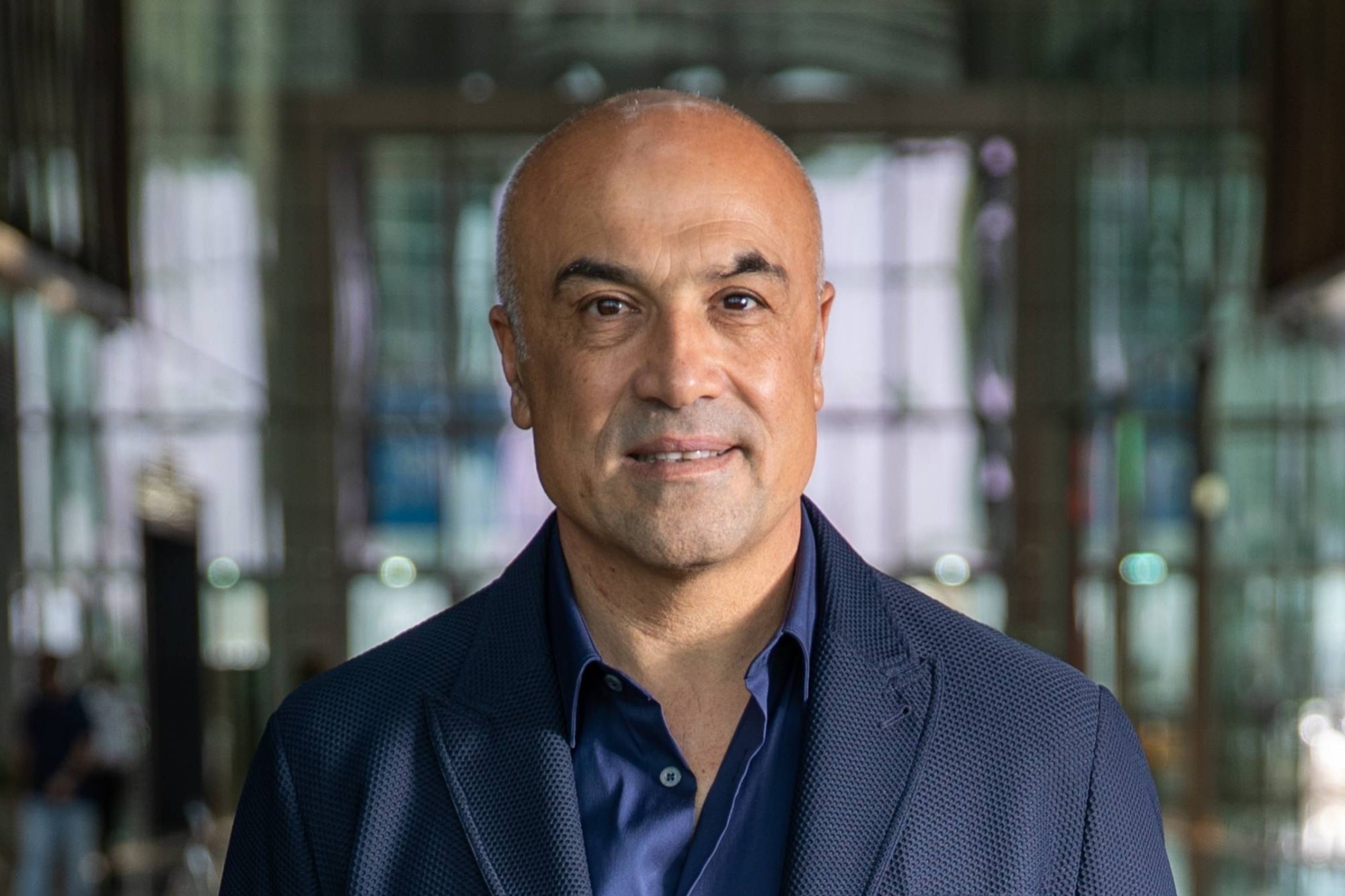How Startups Can Leverage Corporate Venture Capital Opportunities In MENA Startups should tap into the opportunity presented by corporate venture capital in the MENA region.
By Markus Massi
Opinions expressed by Entrepreneur contributors are their own.
You're reading Entrepreneur Middle East, an international franchise of Entrepreneur Media.

As digitization rapidly reshapes industries across the globe, an increasing number of corporations are using corporate venture capital (CVC) and other venturing tools such as innovation labs, incubators, and accelerators to gain access to new technologies and fast-track innovation by allocating big budgets to invest and support startups. CVC is not the only tool that companies can use to complement internal research and development (R&D).
Rather, it is one of several– companies choose which tools to use in line with their business diversification, innovation strategies or specific innovation goals. Venture investment is an additional method for companies to assimilate new business models or innovation into their existing business model. For larger corporations, CVC is a means to outsource some of their R&D efforts in new and unproven technologies to enhance business capabilities without assuming all of the associated costs and risks.
With the surge of corporate venture capital and increasing pressure to jump onboard with startups, numerous companies across the industry spectrum are making headways into venture investments. For instance, Saudi Aramco Energy Ventures (SAEV), the corporate venturing arm of Saudi Aramco, the world's leading integrated energy enterprise, is looking to invest in startups focused on technologies related to oil field, hydrocarbon processing, and utilities optimization.
As an example, it has invested in Gryphon Oilfield Solutions, a Houston, Texas-based energy and oilfield equipment and service provider that develops solution-based technology that addresses challenges facing operators in conventional and unconventional oil and gas plays around the world. SAEV has also provided Series C funding to Zahroof Valves Inc., a Houston, Texas-based company that has developed and markets the revolutionary StraightFlo Valve for use in reciprocating gas compressors.
The motivation behind the actions of CVC's may vary, but it is often concentrated on innovation return on investment (ROI), one of them being the fact that funding an innovative startup and acquiring it (or its technology) later is more economical than building the equivalent talent in-house.
In addition, it allows to invest in an adjacent or new business model and preserve the entrepreneurial spirit and agile operating model in order to merge it later on with the parent organization or make the new entity the center of competence and leader for this business. The relationship between startups and CVCs is valuable with benefits comprising incubation, acceleration, hackathons, platforms, spinoffs, and halo customers. But how can startups go about capturing the attention of CVC investors in the first place? Here are three imperatives they should consider:
1. Startups can transport a product or technology that has been tested in other markets, generating a significant opportunity to the local environment. This can result in investors placing strategic bets in the technology sector. A case in point: the region was ready to benefit from the convenience of on-demand or scheduled ride-hailing, and Careem addressed demand across a variety of untapped customer segments, and today, Careem has a current valuation of US$1.2 billion.
2. Startups can also work on addressing a very specific issue faced by consumers or companies in the region by developing unique sets of technologies and business solutions. For that, this can raise the appetite of players in adjacent sectors to vertically integrate the new technology and solutions within their business. For instance, PayTabs developed a revolutionary one-stop payment system to manage businesses online; the Bahrain-based startup raised $20 million funding from multiple investors in 2017.
3. Leverage technology to enhance a specific sector that hasn't yet been affected by the digital revolution that most sectors are undergoing. This is likely to result in incumbent players acquiring startups to gain a technological and digital edge on competitors. This is evident with Bayzat, a provider of insurance and HR solutions in the region, who successfully captured a portion of a $30 billion premium regional market. The progress of CVC investments, seeking to invest in high-growth businesses, has seen an upsurge worldwidethe percentage of CVC investment grew from 20% in 2016 to 26% in 2017. The similar mandate is reflected regionally, whereby the relevance of corporate investors in venture capital (VC) deals has steadily risen over the last few years- approximately 84% of total VC deals in the Middle East involved participation by corporate investors in 2017, corresponding to about $550 million across 13 deals, up from about 50% in 2015 or $60 million across six deals.
In order for CVC to work, it is critically important for corporations to avoid hindering a startup's agility or crushing its creative spirit. Similarly, of equal weight, startups in the Middle East today should investigate and delve deep into the world of corporations, as CVC units are on the constant lookout to glean into the startup industry segment, the players, its business model, and the technologies it uses or develops, not only for the purpose of acquisition, but also to assess and analyze risk investments.












